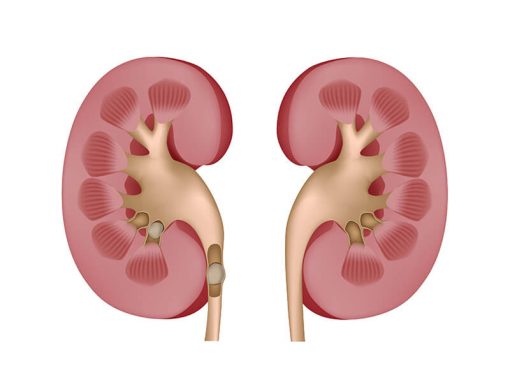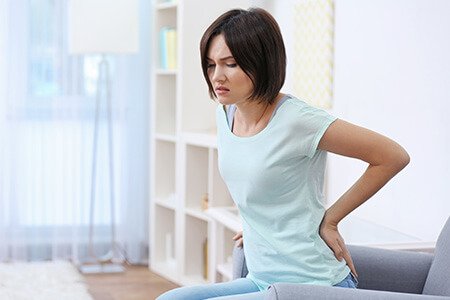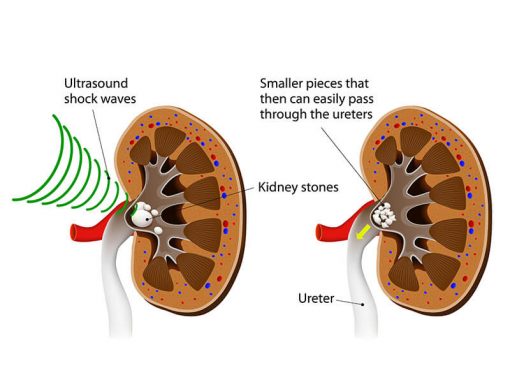All you need to know about kidney stones
Treatments – medicines, lithotripsy, ureteroscopy and more
What are kidney stones?
Kidney stones or renal calculi refer to the formation of a hard, crystalline mineral material within the kidney or urinary tract. Depending upon the location of the stones, the condition is further termed as:
- Nephrolithiasis: stones are present in the kidney.
- Urolithiasis: stones are present in thebladder or urinary tract.
- Ureterolithiasis: stones are located in the ureters.







 Appointment
Appointment WhatsApp
WhatsApp Call
Call More
More